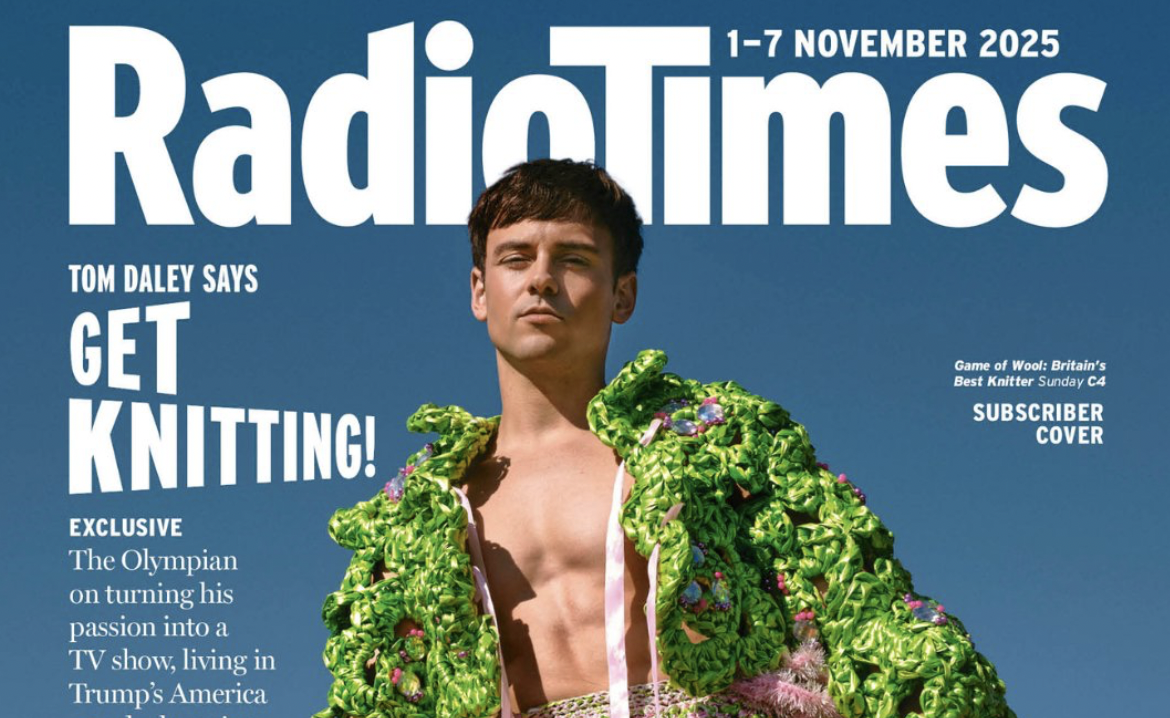Gay Olympic diving medallist Tom Daley has opened up about his prolonged struggle with an eating disorder and body dysmorphia, a journey he first revealed in his 2021 memoir. The 31-year-old athlete recounted the intense pressure he faced training for the 2012 Summer Olympics in London, where competing on home soil added a unique weight of expectation. Reflecting in an interview with Radio Times, Daley spoke about how the burden of representing British diving, with potential funding hinging on his performance, exacerbated his mental health challenges, leading to anxiety and disordered eating patterns.
Daley disclosed that the eating disorder began to manifest at the end of 2011 when he became painfully aware of criticisms not just of his diving skills but of his physique. Being labelled as 'overweight' by members of the British diving community triggered unhealthy behaviours. 'I just cut out food. I was just not fueling myself appropriately,' he said. This led to cycles of starvation followed by bingeing, and for a period, bulimia. He admitted that, during that time, men rarely spoke openly about eating disorders or emotional struggles, but societal attitudes have thankfully shifted in recent years, making such discussions more accessible.
The support from his husband, Oscar-winning filmmaker Dustin Lance Black, has been instrumental for Daley as he continues to manage these challenges today. Daley highlighted the particularly high and often unrealistic body expectations within the gay community, a pressure he candidly acknowledged. This ongoing battle with body image affects him beyond his diving career, with Daley describing feelings of intimidation in gym environments even post-retirement, despite his athletic build.
Daley's experience resonates widely given the cultural and social pressures surrounding body image, especially within elite sport and LGBTQ+ communities. His openness has been praised by mental health professionals, including members of the British Association for Counselling and Psychotherapy, who commend his role in destigmatizing men's eating disorders and body dysmorphia. Daley’s public candidness contributes to a broader conversation about mental health, emphasizing the necessity of support networks and therapy.
Throughout his public discussions—whether in interviews, his memoir, or appearances such as the World Economic Forum in Davos—Daley has stressed the multifaceted challenges athletes face, including the intersection of performance pressures, personal identity, and mental health. His story underscores the importance of acknowledging vulnerability and seeking help, breaking down the stereotypes that men, particularly gay men, should remain silent about their struggles.
Source: Noah Wire Services
